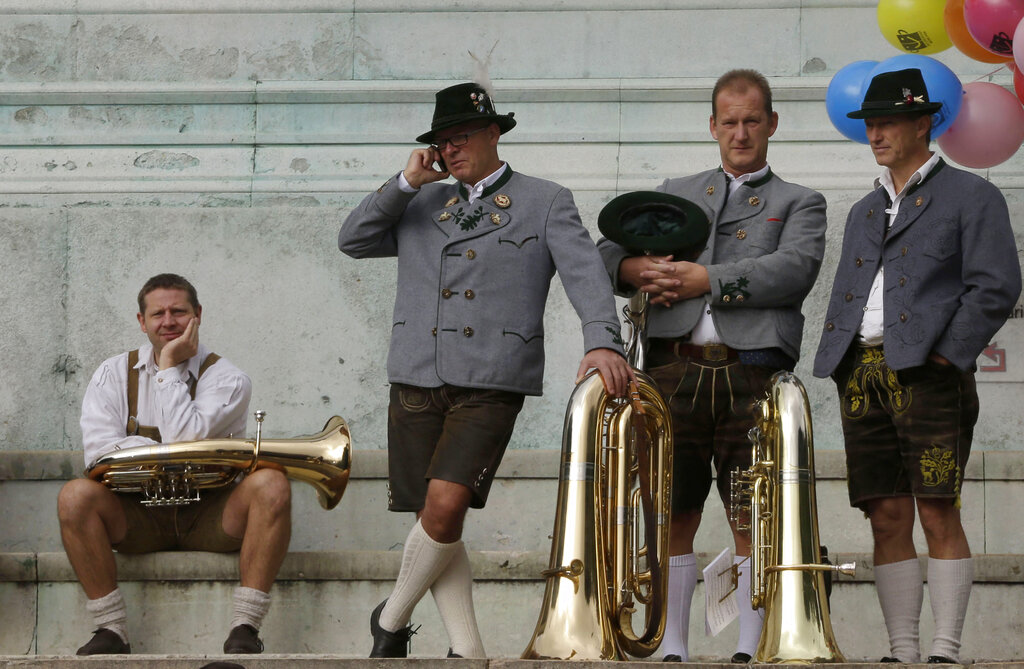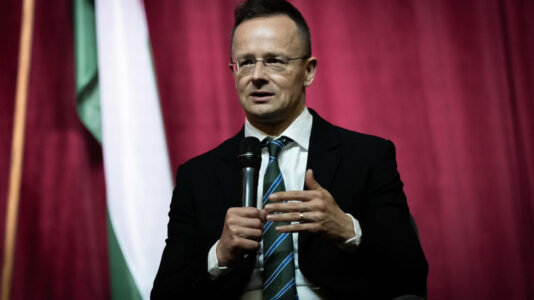Germany’s opposition parties have come out against marijuana legalization under the left-liberal government, citing study after study showing that the drug can cause psychosis, other mental health problems, and life-long cognitive impairment, especially for young people.
Although Germany decriminalized cannabis possession and home cultivation effective April 1, the Bavarian government remains committed to restricting it as much as it can within the law, vowed regional Prime Minister Markus Söder of the Christian Socialists (CSU).
Söder said his country will not be a “pot smokers’ paradise.”
The new law passed in Berlin allows adults to grow, possess and consume a certain amount of the drug. Supporters say this will lead to better quality control and reduce the black market, while opponents say it will increase young people’s exposure to the drug and further burden the police.
“Smoking weed is becoming legal. The AfD parliamentary group rejects the law. Legal production for personal use and in cannabis clubs will only follow the market long after legalization and the resulting increase in consumption. The black market will cover the gap. The cannabis mafia is looking to Germany with shining eyes,” stated AfD MP Jörg Schneider, a member of the Health Committee.
There have been strong lobbying efforts directed at the federal government from companies looking to sell legal cannabis in Germany. The new industry already has companies and lobbying groups racing to cash in on the drug, with a potentially billion-euro industry forming in the wake of legalization.
Schneider further warned that “the AfD parliamentary group fears that legalization will lead to the spread of cannabis consumption in Germany. Especially if young people become regular consumers at an early age, there is a high risk that mental development and performance will be permanently reduced. Although the law is intended to prevent exactly that, it still creates a bureaucratic monster that is difficult to control.”
In neighboring Netherlands, the drug trade has exploded since legalization, leading German news outlets such as Spiegel to label it a growing “narco state” that has gone from tolerating drugs to a state of “drug terror.”
Experts say legalization in Germany poses serious risks not only for Germans but for Europe as a whole.
Söder, who leads the center-right CSU, has been strongly opposed to the legalization of marijuana for years.
“We will apply this law in an extremely restrictive way,” he stressed after a board meeting in Munich in February. It is “better if everyone adapts to this,” he said.
Since the law decriminalizing the drug has already entered into force at the federal level, individual states can try to boycott legalization by means of local regulations. Among other things, Bavaria plans to designate so-called “cannabis-free zones.” This could include the Oktoberfest site, but also, for example, Munich’s well-known public park, the English Garden.
Such exclusion zones already exist within a 100-meter radius of schools, playgrounds, and sports centers, as well as on pedestrian streets during the day. Bavaria also plans to levy hefty fines of up to €1,000 for drug use near children.





